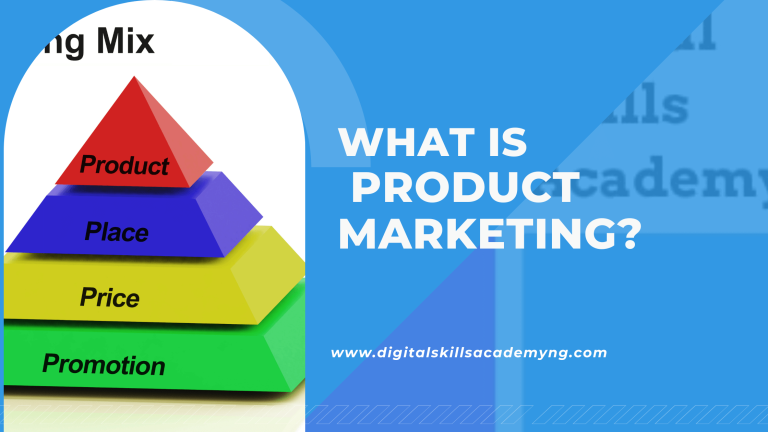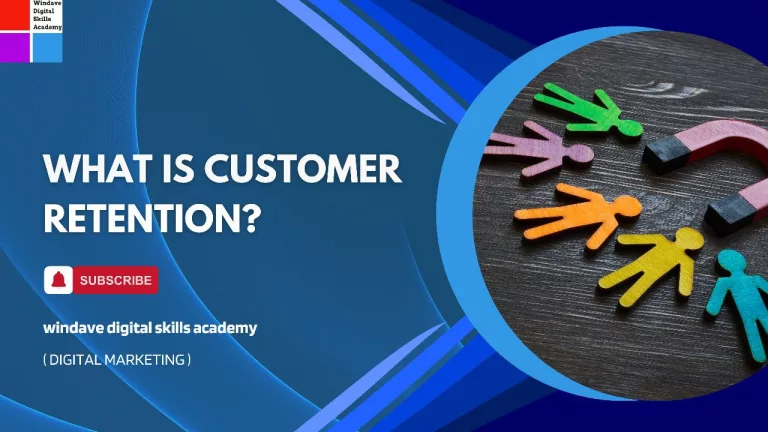What is Digital PR in SEO?
In the rapidly evolving digital career, the intersection of public relations (PR) and search engine optimization (SEO) has become a critical area for businesses looking to amplify their online presence.
Digital PR is a strategic approach that leverages the principles of traditional PR within the digital realm to improve brand visibility, authority, and search engine rankings.
This blog post explains what digital PR in SEO entails, the relationship between PR and SEO, how to integrate SEO into PR efforts, how to develop a vital digital PR strategy, and the benefits of digital PR.
What is Digital PR in SEO?
Table of Contents
Digital PR involves using online channels and tools to build a brand’s reputation and increase its visibility on the internet. It includes content marketing, social media engagement, influencer partnerships, and securing high-quality backlinks from reputable websites. The ultimate goal is to enhance a brand’s online presence, drive traffic, and improve search engine rankings.
Key Components of Digital PR
- Content Marketing: Creating valuable, engaging content that resonates with the target audience.
- Link Building: Acquiring high-quality backlinks from authoritative websites to boost domain authority.
- Social Media Engagement: Using social platforms to engage with the audience and amplify content reach.
- Influencer Partnerships: Collaborating with influencers to reach a broader and more targeted audience.
- Press Releases: Distributing newsworthy content to online publications to gain media coverage.
What is the Relationship between PR and SEO
PR and SEO are complementary disciplines that, when combined, can significantly enhance a brand’s online presence. PR focuses on managing a brand’s reputation and building relationships with the public and media, while SEO aims to improve a website’s visibility on search engines.
How PR Supports SEO
- Quality Backlinks: PR efforts can generate high-quality backlinks from reputable websites, which are crucial for SEO. Search engines view these backlinks as votes of confidence, improving the site’s authority and ranking.
- Brand Mentions: PR campaigns often result in brand mentions across various online platforms. These mentions can contribute to brand awareness and search engine visibility without direct backlinks.
- Content Amplification: PR can amplify SEO-optimized content through press releases, guest posts, and media coverage, increasing its reach and impact.
How Does SEO Support PR
- Keyword Research: SEO provides valuable insights into what the audience is searching for. This data can inform PR campaigns, ensuring they align with audience interests and search trends.
- Performance Metrics: SEO tools can track the performance of PR campaigns, providing data on traffic, engagement, and conversions. It helps in measuring the effectiveness of PR efforts.
- Enhanced Content: SEO techniques can optimize PR content for search engines, increasing its visibility and reach.
How to Use SEO in PR
Integrating SEO into PR efforts involves a strategic approach to ensure that PR activities contribute to improved search engine rankings and online visibility.
Here are some practical steps:
Conduct Keyword Research:
Keyword research is the foundation of SEO. Identify relevant keywords and phrases that your target audience is searching for. Use tools like Google Keyword Planner, Ahrefs, or SEMrush to find high-volume, low-competition keywords.
Optimize Press Releases
Ensure that press releases are optimized for search engines. Include targeted keywords in the headline, subheadings, and throughout the content. Use keyword-rich anchor text for any embedded links.
Leverage Social Media
Share PR content on social media platforms to increase its reach and engagement. Social signals (likes, shares, comments) can influence search engine rankings indirectly.
Build High-Quality Backlinks:
Secure backlinks from authoritative websites through guest blogging, influencer partnerships, and media outreach. Ensure that the backlinks are from relevant and reputable sources.
Monitor and Analyze Performance
Use SEO tools to monitor the performance of PR campaigns—track metrics such as organic traffic, keyword rankings, and backlinks. Analyze the data to identify areas for improvement and optimize future campaigns.
How to Develop a Digital PR Strategy
A well-defined digital PR strategy is essential for maximizing the impact of PR efforts on SEO. Here are the steps to create a successful digital PR strategy:
- Define Your Goals
Set clear and measurable goals for your digital PR campaign. These could include increasing brand awareness, improving search engine rankings, driving website traffic, or generating leads.
- Identify Your Target Audience
Understand your target audience’s needs, preferences, and online behavior. This will help create content that resonates with them and help them choose the channels to reach them.
- Create Valuable Content
Develop high-quality, engaging content that provides value to your audience. It could be blog posts, infographics, videos, whitepapers, or case studies. Ensure that the content is optimized for search engines.
- Build Relationships with Influencers and Journalists
Identify and build relationships with your industry’s influencers, bloggers, and journalists. Reach out to them with personalized pitches and collaborate on content that aligns with their audience’s interests.
- Distribute and Promote Content
Use various channels to distribute and promote your content. This could include press releases, social media platforms, email newsletters, and industry forums. Aim for coverage on high-authority websites to gain valuable backlinks.
- Monitor and Evaluate
Regularly monitor the performance of your digital PR campaigns using analytics tools. Evaluate the results against your goals and adjust your strategy to achieve better outcomes.
Benefits of Digital PR
Digital PR offers numerous benefits that can significantly enhance a brand’s online presence and overall marketing efforts.
- Improved Search Engine Rankings
High-quality backlinks from authoritative websites and optimized content can improve search engine rankings. It leads to increased organic traffic and visibility.
- Enhanced Brand Awareness
Digital PR campaigns can increase brand awareness by reaching a wider audience through media coverage, social media, and influencer collaborations. It helps in building a solid online presence.
- Increased Website Traffic
Effective digital PR strategies can drive significant traffic to your website. This traffic is often highly targeted and likely to convert into leads or customers.
- Strengthened Brand Authority
Consistent coverage on reputable websites and media outlets enhances your brand’s credibility and authority. This can position your brand as a thought leader in your industry.
- Better Audience Engagement
Digital PR allows for direct interaction with your audience through social media, blog comments, and other online platforms. This engagement helps in building a loyal community around your brand.
- Cost-Effective Marketing
Compared to traditional PR methods, digital PR can be more cost-effective. It allows for precise targeting and measurement, ensuring your marketing budget is used efficiently.
Conclusion
Digital PR in SEO is a powerful strategy combining the best public relations and search engine optimization to enhance a brand’s online presence.
Businesses can significantly improve brand visibility, authority, and search engine rankings by understanding the relationship between PR and SEO, integrating SEO into PR efforts, developing a potent digital PR strategy, and leveraging digital PR’s benefits.
By implementing these techniques and leveraging the synergy between PR and SEO, businesses can open new options for growth and success in the digital era.
Our certified Digital marketing course will teach you how to perform customer and business research, provide customer service strategies, develop a customer retention plan, and research all the key marketing channels to leverage them to engage your customers and grow your business. What are you waiting for?




